Fixed fee: time of work is important for reimbursement of attorney's fees – SC
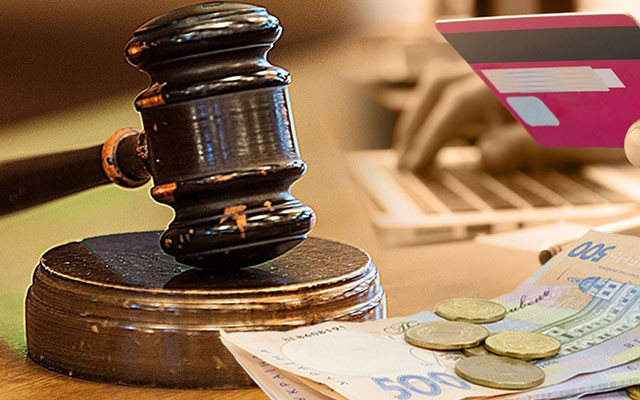
The procedure for calculating the hourly fee differs from the fixed fee, which does not take into account the actual time spent. However, in both cases, they are taken into account when deciding on the reimbursement of legal aid expenses.
This was pointed out by the Commercial Court of Cassation of the Supreme Court in its additional resolution No. 910/12155/22 dated February 13, 2024, the text of which has recently appeared in the USRCD.
Having won the dispute in the cassation instance, the company asked the court to recover legal aid costs in the amount of UAH 18 thousand from its procedural opponent. The latter considered this amount to be excessive and filed a motion to reduce the legal fees to UAH 3 thousand.
Among the reasons for reducing the costs, he pointed out that the amount of costs was not commensurate with the complexity of the case and the work performed by the lawyers.
The high judges reminded that the main grounds and principles for reimbursement of legal aid costs are set out in paragraphs 7.1 - 7.9 of the resolution of the Supreme Court of Ukraine dated 05.07.2023 in case No. 911/3312/21. Also, the Supreme Court composed of judges of the Joint Chamber of the CGS considered the issue of expenses for the payment of attorney's fees in its resolutions of 02.02.2024 in case No. 910/9714/22 and of 03.11.2023 in case No. 914/2355/21.
According to part 4 of Art. 126 of the EPC, the amount of expenses for attorney's fees should be commensurate with:
1) the complexity of the case and the work performed by the attorney (services rendered);
2) the time spent by the advocate to perform the relevant work (services);
3) the scope of services rendered by the advocate and work performed;
4) the value of the claim and (or) the importance of the case for the party, including the impact of the case resolution on the reputation of the party or public interest in the case.
In case of non-compliance with these requirements, the court may, at the request of the other party, reduce the amount of costs. In this case the burden of proving disproportionality of expenses is on the party applying for their reduction.
In the case under consideration the fixed amount of the fee was established. In this case, the actual amount of time spent by the attorney in providing services to the client is not calculated. The amount of the fee is determined only by agreement between the advocate and the client, and the court has no right to interfere in these legal relations. At the same time, the obligations between the advocate and the client are not binding on the court in the context of deciding on the distribution of court costs.
Therefore, a party may prove the disproportionality of expenses, including, but not limited to, without specifying in the detailed description of the work (services rendered) information about the time spent on the provision of legal assistance. And taking into account the specific circumstances, the court may limit the amount, taking into account the reasonable necessity of court costs in the case.
Taking into account the disproportionality of the amount of the fixed fee to the complexity of the case, the price of the claim, the volume of materials in the case, the number of procedural documents prepared, and the number of meetings, the Supreme Court concluded that the claimed amount of compensation for expenses was excessive, and therefore awarded it partially in the amount of UAH 10 thousand.
Popular news
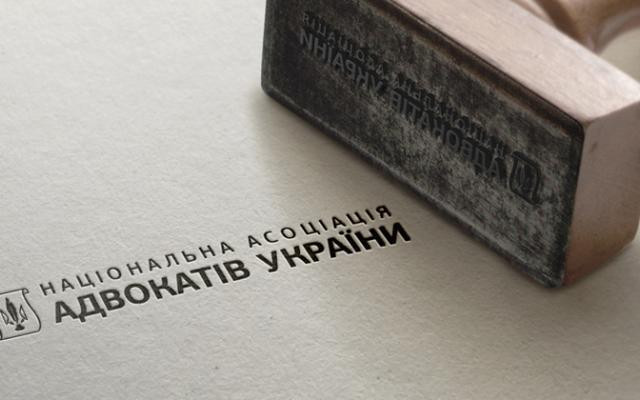
Self-government
The BCU demands a review of the composition of the government working group on reforming the advocacy profession
The President of the UNBA, BCU Lidiya Izovitova, appealed to the Cabinet of Ministers of Ukraine to review the composition of the working group on improving legislation in the field of advocacy and legal practice.

Discussion
Why lowering the age of marriage lacks legal logic
Although until 2012 there was a provision in family law that allowed children to marry from the age of 14 under certain circumstances, its return to Ukrainian law would contradict international obligations and the logic of criminal law.
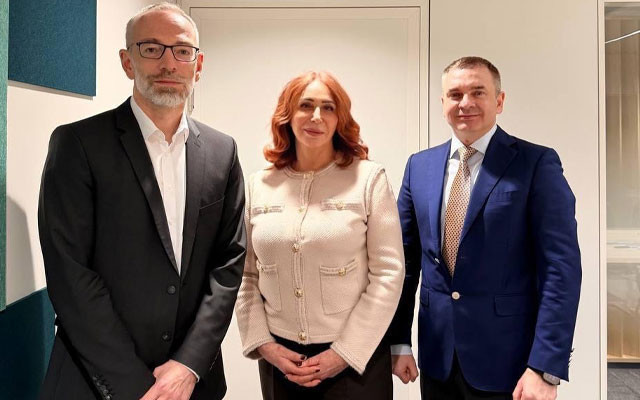
European integration
Open dialogue between the UNBA and the European Commission on the path to EU
The Ukrainian National Bar Association held a working meeting in Brussels with Mr Wolfgang Nozar, Head of Unit for Governance, Rule of Law and Financial Assistance, Directorate-General for Enlargement and Eastern Neighbourhood (DG ENEST), European Commission.

Self-government
A report on Ukrainian advocacy was presented in the European Parliament
Can a shadow report on advocacy replace the political framework of the Roadmap on the rule of law with demands for the restructuring of self-government? Where is the line between accountability and the seizure of institutions? And how can we respond to narratives with data rather than impressions?
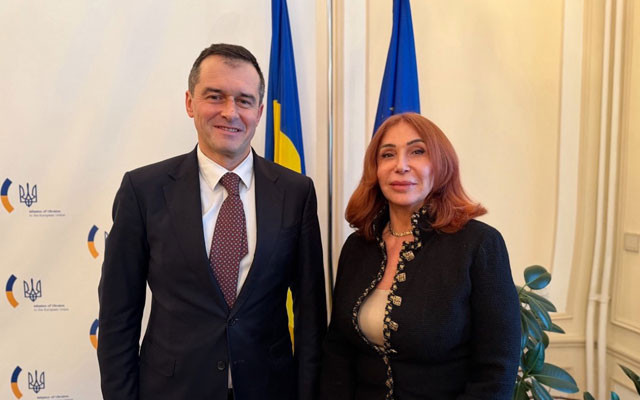
European integration
UNBA and Ukraine's representation to the EU have synchronized their priorities
On February 5, in Brussels, the President of the UNBA, BCU Lidiya Izovitova held a working meeting with the Ambassador Extraordinary and Plenipotentiary of Ukraine, Representative of Ukraine to the European Union Vsevolod Chentsov.
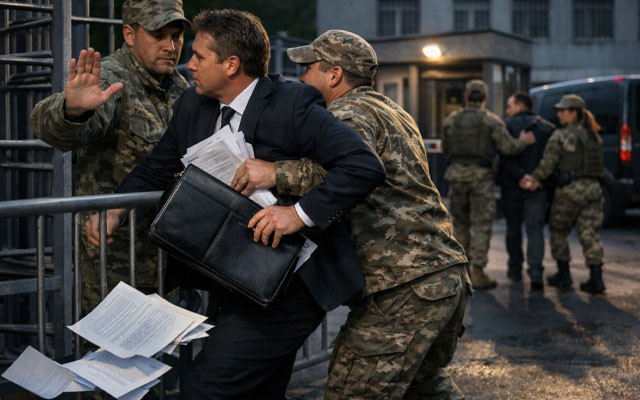
Guarantees of the practice of law
Proceedings opened following attack on advocate in Dnipro
The Committee for the protection of advocates' rights and guarantees of legal practice of the UNBA appealed to law enforcement agencies in connection with an advocate's report of an attack while performing his professional duties. The information was entered into the Unified Register of Pre-trial Investigations and a pre-trial investigation was initiated.
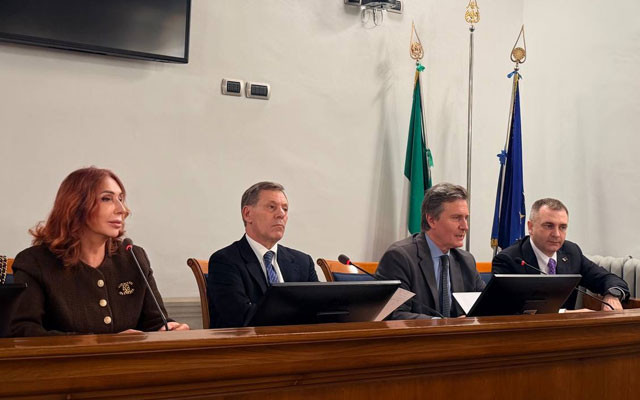
Interaction
«With us — to Europe»: Italian advocacy supports UNBA initiatives
On January 30, a meeting was held in Rome between a delegation from the Ukrainian National Bar Association and the National Bar Council of Italy (Consiglio Nazionale Forense, CNF) on the standards and practices of the legal profession and their significance for Ukraine's European integration process.
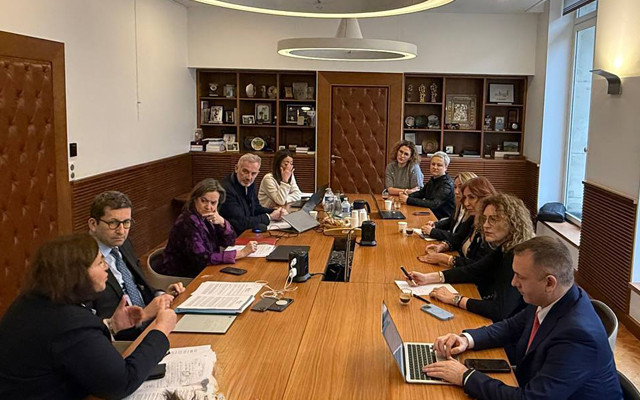
Interaction
France confirms cooperation with UNBA on reforms in the field of the rule of law
On January 29, a working meeting between representatives of the Ukrainian National Bar Association and the French National Bar Council (Conseil National des Barreaux, CNB) took place in Paris.
Publications

Volodymyr Matsko Extradition as a systemic form of rights violations

Victoria Yakusha, Law and Business The anti-corruption vertical cannot «take care» of the Bar as an institution, - acting head of the HQDCB

Censor.net Protecting advocates – protecting justice: addressing concerns about the new law

Ihor Kolesnykov A BRIEF SUMMARY REGARDING THE APPLICATION OF THE ORDER ON EXTENDED CONFISCATION IN LATVIA REGARDING FINANCIAL ASSETS OF…

Valentyn Gvozdiy WORKING IN A WAR ZONE

Lydia Izovitova Formula of perfection

Sergiy Vylkov Our judicial system is so built that courts do not trust advocates

Iryna Vasylyk Advocacy in the proclamation of Independence of Ukraine
